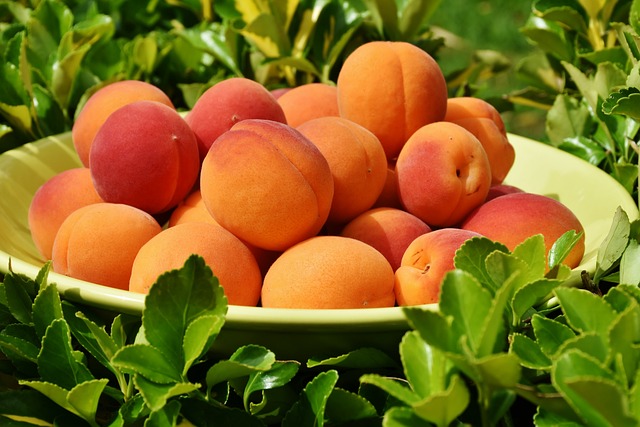Preserving Your Gut Flora: Enhancing Vitality with Probiotic Power
The Importance of Gut Flora
Gut flora, also known as gut microbiota, refers to the complex community of microorganisms that live in our digestive tracts. These microorganisms include bacteria, viruses, fungi, and other microbes. While the term “bacteria” may sound harmful, not all bacteria are bad for our health. In fact, our gut flora plays a crucial role in maintaining our overall well-being.
Our gut flora consists of trillions of microorganisms, with hundreds of different species. They aid in digestion, contribute to our immune system, synthesize vitamins, and even communicate with our brain through the gut-brain axis. However, various factors such as a poor diet, stress, antibiotics, and environmental toxins can disrupt the delicate balance of these microorganisms, leading to an imbalance known as dysbiosis.
The Power of Probiotics
Probiotics are live microorganisms that, when consumed in adequate amounts, confer health benefits to the host. These beneficial bacteria can help restore and maintain a healthy balance of gut flora, promoting proper digestion and overall vitality.
Benefits of Probiotics
1. Improved Digestion: Probiotics aid in the breakdown of food, enhancing nutrient absorption and reducing gastrointestinal issues such as bloating, gas, and constipation.
2. Boosted Immune Function: Approximately 70% of our immune system resides in the gut. Probiotics help stimulate the production of immune cells and support the body’s defense against harmful pathogens.
3. Enhanced Mental Health: The gut-brain axis allows communication between the gut and the brain. Probiotics can positively impact mental health by regulating neurotransmitter production and reducing inflammation in the brain.
4. Strengthened Heart Health: Certain strains of probiotics have been shown to lower cholesterol levels, blood pressure, and reduce the risk of heart disease.
Food Sources of Probiotics
Although probiotic supplements are readily available, incorporating naturally fermented foods into your diet is an excellent way to introduce beneficial bacteria into your gut. Some probiotic-rich foods include:
- Yogurt: Look for yogurts labeled with “live and active cultures.” Avoid those loaded with added sugars.
- Kefir: A fermented milk drink packed with probiotics.
- Sauerkraut: Fermented cabbage that is rich in beneficial bacteria.
- Kombucha: A tangy, fermented tea that provides a variety of probiotic strains.
- Miso: A traditional Japanese seasoning made from soybeans, rice, or barley fermented with probiotic cultures.
Choosing the Right Probiotic Supplement
If you decide to supplement your probiotic intake, it’s essential to select the right product for your needs. Here are a few factors to consider:
- Strain Diversity: Look for a supplement that contains a variety of probiotic strains to ensure you benefit from different health-promoting properties.
- Colony Forming Units (CFUs): CFUs indicate the amount of live bacteria in each serving. Choose a supplement with an adequate CFU count for maximum efficacy.
- Shelf Stability: Opt for a probiotic supplement that guarantees stability, ensuring the bacteria survive throughout the manufacturing process and reach your gut alive.
- Targeted Formulas: Some probiotic supplements cater to specific health needs, such as immune support or digestive health. Consider your individual needs when selecting a product.
Preserving Gut Flora Naturally
While consuming probiotics is crucial, maintaining a healthy gut flora also involves protecting the existing beneficial bacteria. Here are some tips:







